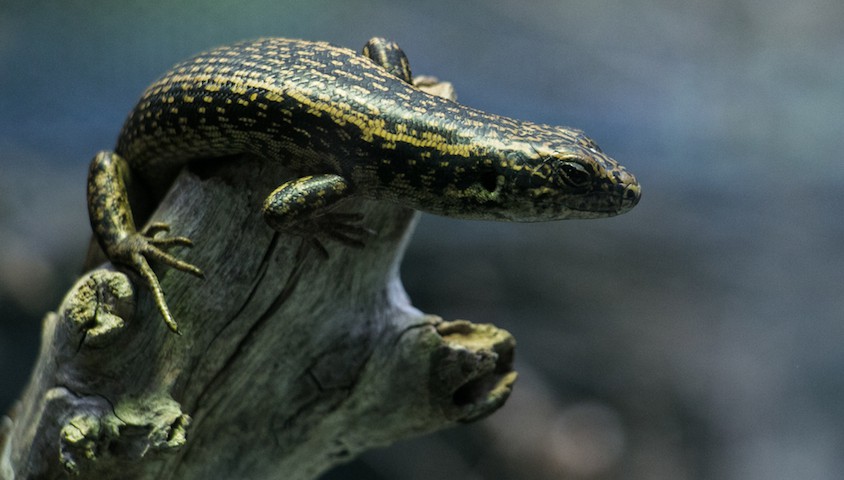New research from the University of Arizona builds on previous data to show many plant and animal species would be unlikely to adapt quickly enough to the expected rate of climate change.
The study, led by Dr John Wiens and accepted by Proceedings of the Royal Society B: Biological Sciences, data was analysed for 266 plant and animal populations, which comprised of 56 species.
The researchers were particularly interested in observing how quickly their chosen species were able to adapt to change within their climatic niches, before comparing these rates against the predicted rate of change caused by global warming.
Climatic niches are defined as the range of conditions, such as temperature and rainfall, within which a species can survive.
The 56 species analysed included nine plants, 14 arthropods, four amphibians, 13 birds, five mammals and 11 reptiles, spanning a variety of geographical regions and biomes.
For the populations studied, rates of change in climatic niches were found to be ‘dramatically slower’ than the rates of projected climate change.
In fact, the observed rates of change are more than 200,000 times slower on average than the expected rate of temperature change.
Tropical species are potentially at greater risk, the authors say, because they show lower rates of adaption to temperature changes compared with temperate species.
The study builds on previous research from the same team, which looked more specifically at adaptation rates among grass species.


